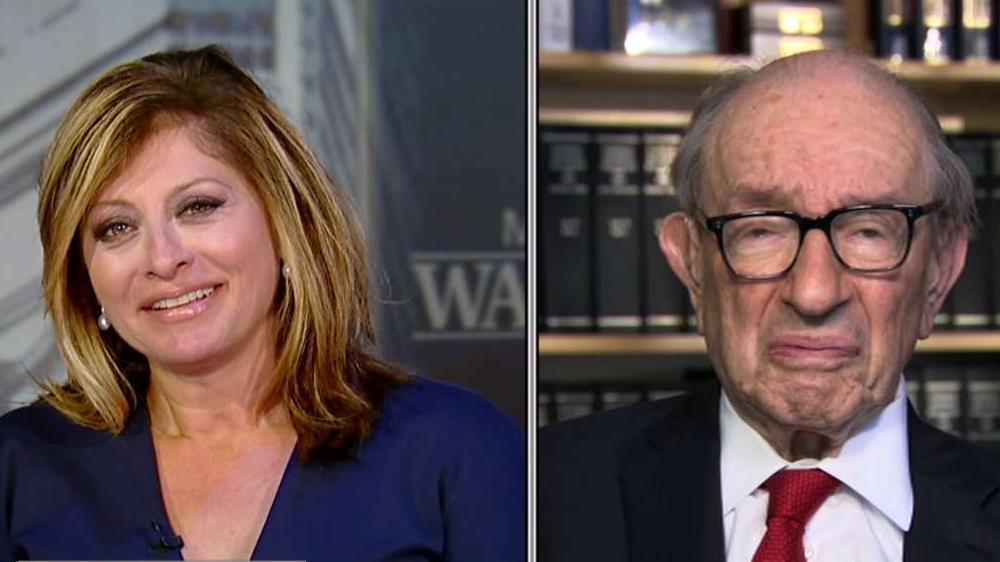Goldman Sachs: A US recession not on horizon right now
A recession is not on the horizon yet, according to Goldman Sachs.
"I think the economy's doing fine," said CEO David Solomon during an interview on CNN's "New Day" on Monday. "There are things that are getting added to the equation. In particular, the trade war with China that is having an impact, it's having an impact on growth. I don't think that impact is significant yet, but we're watching that very very carefully."
Goldman's equity strategy team noted that it is getting calls from concerned clients and while the trade battle between the United States and China has escalated into a “full-blown economic conflict,” it says there’s no need to worry about a recession at this time.
The firm says that while economic activity is slowing, it sees few signs of the “financial imbalances that typically precede economic downturns.”
The consumer, which accounts for 70% of the U.S. economy, along with the labor market remains strong, wages are growing, and consumer confidence is holding near a 20-year high, according to the team led by U.S. equity strategist David Kostin.
And the data is backing that up. The Atlanta Fed’s GDPNow forecast, which projects the U.S. economy will grow at 1.9 percent in the third quarter, down slightly from the 2.1 percent growth experienced from April to June. A recession occurs when there are two consecutive quarters of negative growth.
But the economy is not out of the woods just yet. It’s still possible the tit-for-tat nature of the trade war picks back up later this month. Goldman says the next key date to pay attention to is August 19, when Google’s 90-day exemption to send software updates to Huawei phones expires.
The U.S. government not extending the exemption, which Goldman says is likely, will put Huawei sales at immediate risk as consumers likely won’t purchase phones that cannot be upgraded. That could cause further retaliation from Beijing, the bank warns.
The trade conflict was taken to new heights earlier this month when President Trump announced a new 10% tariff on $300 billion of Chinese goods.
Beijing responded by suspending its imports of U.S. agricultural products and weakening its currency, the yuan, below seven per dollar for the first time since 2008, causing the Treasury Department to label Beijing a “currency manipulator.” That decision sparked concerns the trade war could be morphing into a currency war.
So far, the recent flare-up in trade tensions has not had too big of an impact on the stock market. The S&P 500 has fallen 2 percent since Trump’s announcement. It was set for a drop at Monday’s open.
So how should investors protect themselves from further trade tensions?
CLICK HERE TO GET THE FOX BUSINESS APP
Goldman has two pieces of advice. The firm says to buy “services-providing rather than goods-producing companies,” and “low vs. high labor cost stocks.”




















